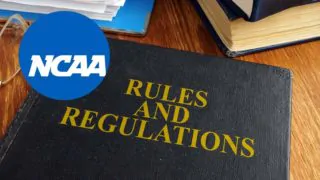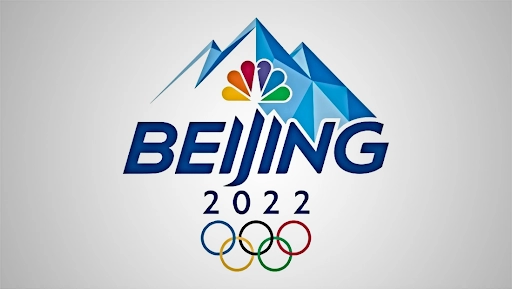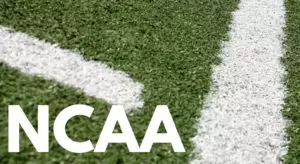In a time when the NCAA rulebook seems to be constantly changing (for the better), it is now more important than ever to know what is legal and what is not when recruiting transfer athletes.
Get a good grip on what you can and can't do by reading this guide on transfers and the acceptable current-day practices.
Knowing the Basics
Listed below are 6 of the most important rules when it comes to recruiting transfers, in no particular order.
- Coaches are strictly prohibited from contacting any athlete enrolled in a four-year NCAA or NAIA school while not in the transfer portal.
- Once a player enters the transfer portal, coaches are free to contact the player except when “Do Not Contact” is turned on. In this event, schools are barred from reaching out to this player. A player may have this turned on for either of the following reasons:
- The athlete may already have a school of choice.
- The athlete may want sole control of the recruiting process.
- All players from ALL sports are now allowed to transfer one time without penalty, opening up restrictions on coaches.
- Since April 28th, 2021 athletes will not have to sit out one year of competition when transferring.
- Athletes no longer need a release from their coach and can transfer freely one-time.
- Coaches are prohibited from tampering with eligibility requirements for a transfer in order to help them be in good academic standing.
- Tampering includes poaching athletes who are not in the transfer portal.
- It also includes falsifying greats/records/credits to ensure eligibility.
- Coaches are required to follow the same rules that apply to incoming freshmen, such as no excessive recruiting.
- Different conferences have different rules/penalties regarding intra-conference transfers to prevent athletes competing against their old team after a transfer, but these aren't as common as before.
Committee on Infractions
If the NCAA is notified of possible illegal recruiting, they will launch an investigation. Once an investigation is concluded, the information and case are presented to the Committee on Infractions (COI). Because each case is unique and has a unique set of circumstances, they will issue a punishment based on precedent and situational circumstances.
The punishment can be fines, suspension, vacation of records, or other punishments – whatever the COI seems fit to prevent the infraction from occurring again. The decision can be appealed by the University, in which they will present their case in an attempt to reverse the decision.
Related: Why Athletes Should Know Their Rights before Transferring
Rule Book
While most of the rule changes in the past year have been specified above, it is still crucial for a coach to go through the hefty NCAA Rulebook and understand what is considered illegal recruiting and what is not. There are different times of the year during which certain rules apply by sport.
It is a coach's responsibility to know all these rules to protect themselves, the university, and the athlete.
* Originally published on September 20, 2021, by Brittany Collens







